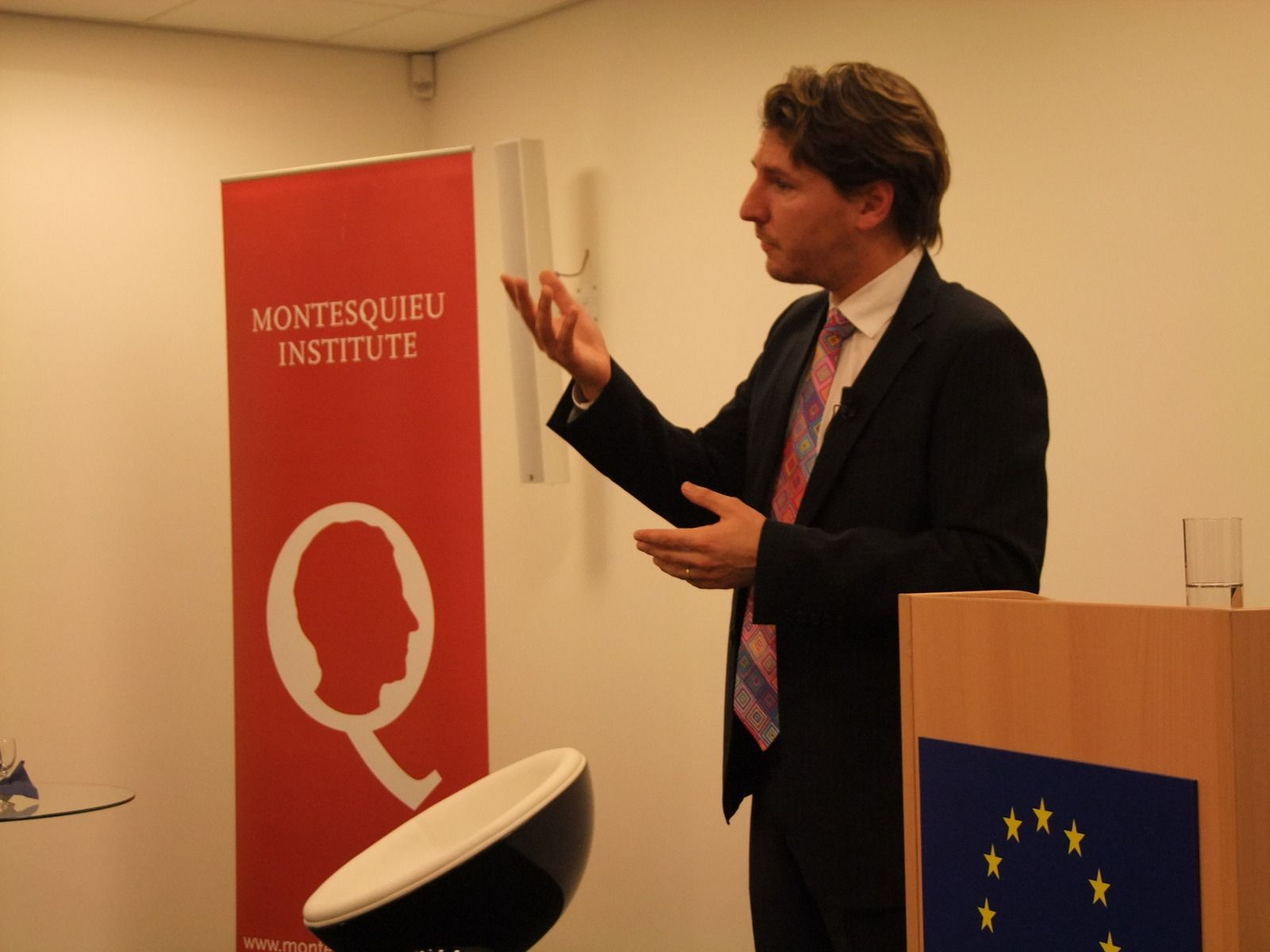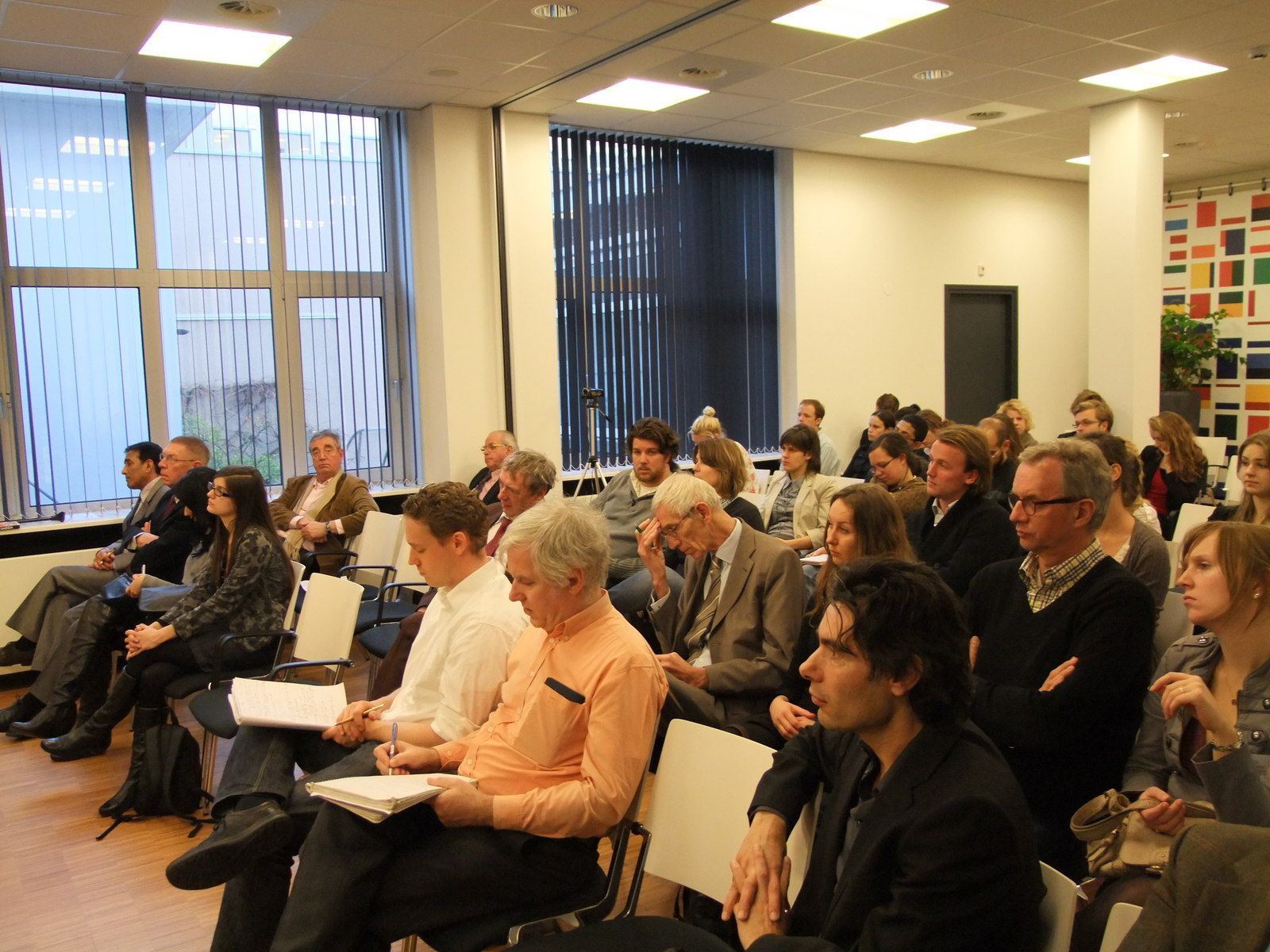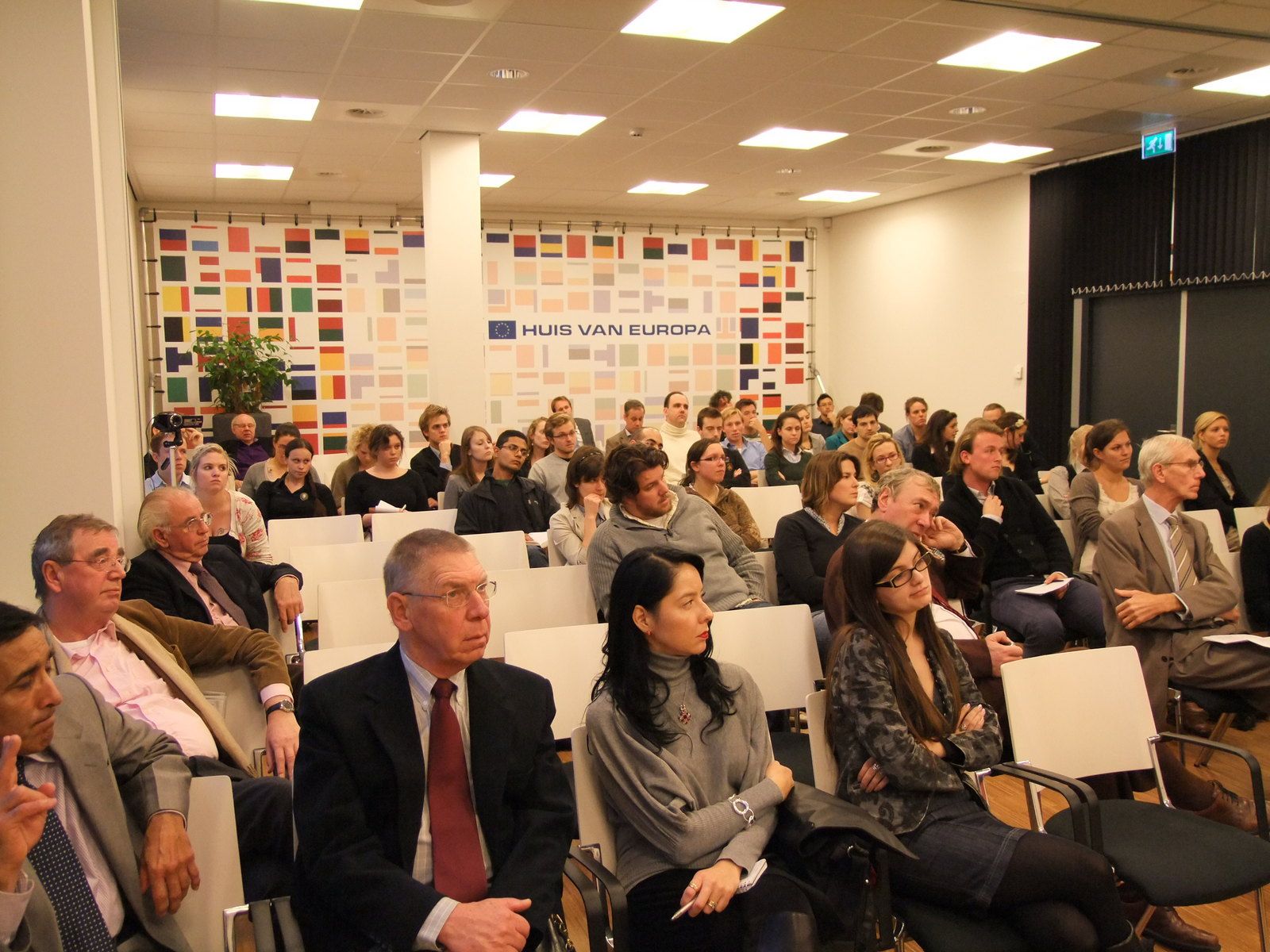
Euro crisis: A crisis of democracy in Europe?
The European Union is in crisis and its outcome is unclear. Perhaps the EU Summit on 8 and 9 December will offer clarity, although at previous stops Europe and its citizens stayed often in the dark. While the Eurocrats in Brussels catacombs keep trying to solve this ever growing problem, especially among European citizens anger is growing. How did they come to this impasse? Their argument is as follows: If European officials and politicians had not pushed for an economic and monetary union, Europe today should not be burdened with a crisis.
At the time the European project, the biggest test so far to pass, thus stirring several national movements. National parliaments, trade unions and disgruntled citizens claim their voice in Brussels politics, where they once were happy to others deciding to leave.

